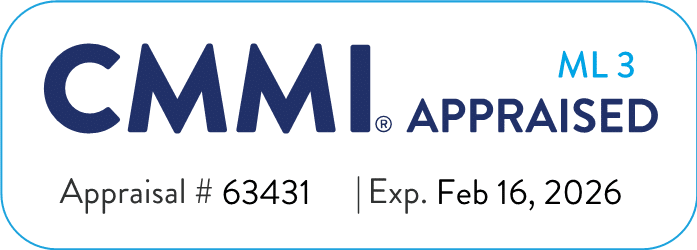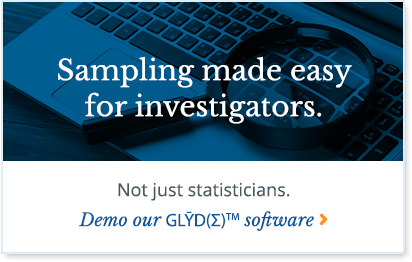Medicare ambulance claims, just like everything involved with Medicare, must meet certain requirements to be considered valid ambulance transport claims. The main factor is the transport must be considered “medically necessary” under Federal Law. To do this, two specific criteria must be met:
- The use of other transportation methods is contraindicated by the condition of the individual requiring care
- The individual’s medical condition must require the level and type of service reported to have been provided and billed
If transport is not medically necessary it will not be covered by Medicare. The CMS has an entire chapter about Ambulance Services in the Medicare Benefit Policy Manual which states very clearly:
In any case in which some means of transportation other than an ambulance could be used without endangering the individual’s health, whether or not such other transportation is actually available, no payment may be made for ambulance services.
Learn about our Medical Claims Review Services
If an ambulance company submits a claim for ambulance transport that fails to meet the criteria of medical necessity, that claim will be considered a violation of the False Claims Act.
Several ambulance companies have paid steep penalties for Medicare ambulance fraud; Adventist Health settled for $20 million in 2004, and American Medical Response for $9 million in 2006.
Common instances of ambulance fraud may include:
- Billing for medically unnecessary ambulance transport: Submitting a claim for a transport that was not life-threatening or otherwise routine (e.g. scheduled radiation treatment for cancer patients)
- Ambulance transport “upcoding”: Falsely changing the severity of the medical necessity of a transport from “non-emergency” to “emergency” to receive a higher payment
- Billing for services not rendered during transport: Fabricating services and/or supplies to increase billing
- Participating in unlawful agreements/scams with health care facilities: e.g. providing ambulance transport at a lower cost in order to receive more “emergency” referrals
Ambulance Claims and Billing Fraud
Although ambulance services are used for emergency transport to healthcare facilities, we must also remember these services may also be used as a means of transport for non-emergency medical services. Since the ambulance service provider is not paid as much for this type of transport, they may be inclined to commit fraud by submitting false claims for services which were not provided or otherwise not authorized.
Claims submitted for ambulance transport services should be routinely reviewed to not only ensure valid transport services to medical facilities, but also to validate associated claims for services related to those transport services.
Data Analysis for Ambulance Claims
An area of consideration is ambulance claims submitted for restocking of supplies or equipment. If claims for the routine restocking of materials appear to be commonplace, a review of the diagnosis should be performed to determine if the diagnosis supports the restocking claims and the level of life service identified.
Air ambulance transport is another ambulance service which could be subject to false claims. Air transport services are commonly used in rural areas where ground ambulance services may not be readily available. In such cases, air ambulance services are used to transport patients to the nearest medical facility that can accommodate the needs of the patient or transport to a ground ambulance service. Incidents do occur in which patients are transported to specific facilities in which an air ambulance service may have a financial interest resulting in higher reimbursement costs for services billed.
Overcharging or false claims billed by ambulance service claims are often not easily identified and may require an in depth analysis of claims data to identify. Consideration should be given to employing a contractor which has the capability to conduct in depth analysis of claims to identify aberrancies in claims submissions resulting in health care fraud, waste, or abuse.
Examples of Ambulance Fraud
Using ambulance rides to squeeze money from Medicare and Medicaid is nothing new, and you might be surprised at the lengths to which ambulance services will go to upcode their ambulance billing.
In one instance, Murfreesboro Ambulance Service in Tennessee faced exclusion from being a CMS provider and up to twenty years in prison for:
- Transporting more than one patient at once
- Having patients ride in the front seat of the ambulance
- Have patients ride in stretchers even though they were able to walk
- Took patients to pick up food while billing as a dialysis clinic visit
A more recent example also involved visits to a dialysis clinic that were not medically necessary.
Medical Claims Review & Data Analysis for Ambulance Claims
It is clear that ambulance billing provides numerous opportunities for claim obfuscation, upcoding, and needlessly wasteful ambulance use. Discovering these billing and service discrepancies is not always easy, but the savings reaped from a thorough review of ambulance billing claims can be significant.
Our medical review and data analysis teams can work with your organization to actively discover and combat ambulance fraud, waste, and abuse. Call (703) 535-1400 to speak with an expert now, or contact us to discuss your needs in detail.











